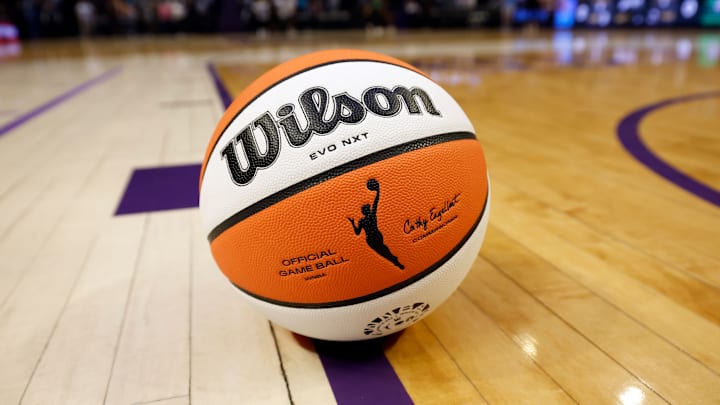The NCAA announced Wednesday that college student-athletes will now be allowed to place bets on professional sports, a decision that's come after years conversations about the threat of normalizing exactly that practice.
The rule change comes two weeks after Division I, II, and III cabinet members approved it, and will go into effect beginning November 1.
While athletes are still banned from betting on college sports, it's difficult to imagine that giving young people, mostly aged 18-22, the ability to a) earn significant amounts of money through NIL and revenue sharing programs and b) the ability to use chunks of that money on sports betting (as opposed to their futures) will result in anything other than unmitigated catastrophe for swaths of young adults who may or may not be operating with focused guidance.
Hardly anyone would say college students have life figured out, or that it's necessarily a great idea to hand college students hundreds of thousands of dollars in one go. While there are plenty of student athletes who are successfully navigating this challenging NIL-influenced reality, there are plenty who are not. As much as Roberta Page, director of athletics at Slippery Rock and chair of the Division II Management Council insisted that this new change will not "compromise" the collegiate game, the possibility that it will compromise the athletes who play the collegiate game is real.
The impact of the rule change may not be immediately clear; ideally, some sports programs will put their own internal stop on a players' ability to bet on games whether it's legal or not. But there will always be programs that do not offer any such safeguards.
While speaking to reporters Monday at a Big East roundtable on the future of college basketball, NCAA president Charlie Baker appeared to imply the rule change was due to repeated instances of college athletes being busted for participating in sports betting in the first place — a kind of "if you can't beat them, join them" mentality. ESPN reported Barker explained, "We run the largest integrity program in the world on sports betting across all the various games. Sadly, we discovered some student athletes involved with some problematic activity."
(This appears to be a reference to September's ban of three college men's basketball players at Fresno State — the trio were declared permanently ineligible due to gambling violations and are no longer students at the school.)
It hardly seems appropriate to address a serious problem by making it easier to carry out, but perhaps the NCAA is less concerned with what's the best for players in terms of their personal development, and potentially more concerned about what makes money. Time will tell, and hopefully we won't lose too many young athletes to gambling addiction in the process.
